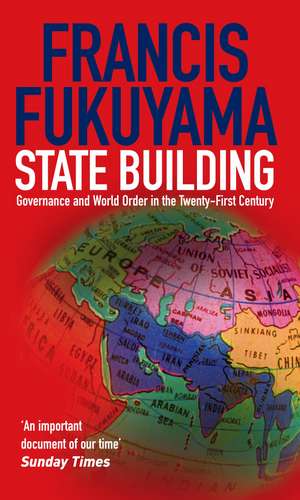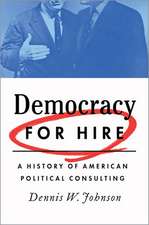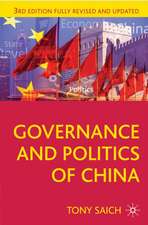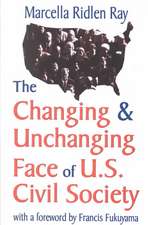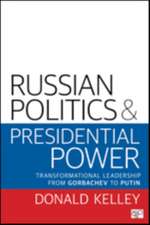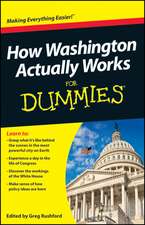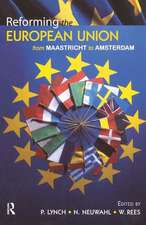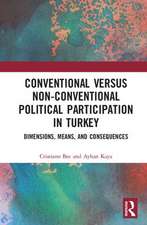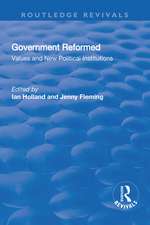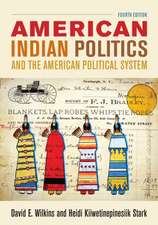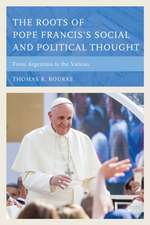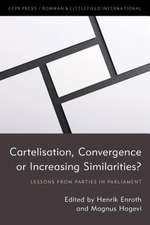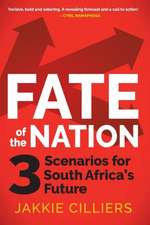State Building: Governance and World Order in the 21st Century
Autor Francis Fukuyamaen Limba Engleză Paperback – 6 iul 2005
Preț: 51.31 lei
Preț vechi: 62.37 lei
-18% Nou
Puncte Express: 77
Preț estimativ în valută:
9.82€ • 10.66$ • 8.25£
9.82€ • 10.66$ • 8.25£
Carte disponibilă
Livrare economică 01-15 aprilie
Livrare express 15-21 martie pentru 25.100 lei
Preluare comenzi: 021 569.72.76
Specificații
ISBN-13: 9781861977045
ISBN-10: 1861977042
Pagini: 208
Ilustrații: Illustrations,
Dimensiuni: 110 x 176 x 22 mm
Greutate: 0.12 kg
Ediția:Main
Editura: Profile
Colecția Profile Books
Locul publicării:London, United Kingdom
ISBN-10: 1861977042
Pagini: 208
Ilustrații: Illustrations,
Dimensiuni: 110 x 176 x 22 mm
Greutate: 0.12 kg
Ediția:Main
Editura: Profile
Colecția Profile Books
Locul publicării:London, United Kingdom
Notă biografică
Francis Fukuyama is the author of The End of History, Trust, The Great Disruption, and Our Posthuman Future. All have been international bestsellers, translated and published in many languages. They have also been hugely influential. Fukuyama is in constant demand around the world in the media and as a speaker. He is Professor of International Political Economy at John Hopkins University.
